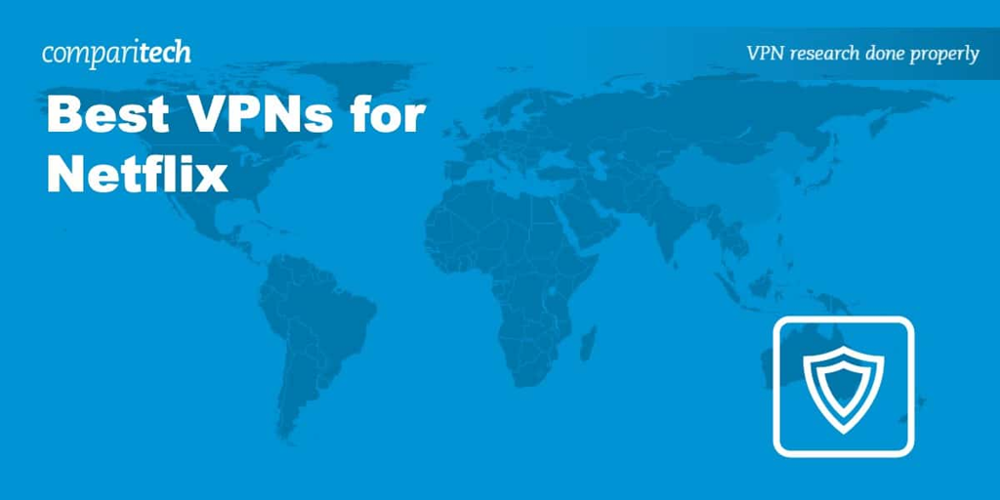Unaccompanied Minors: How Airlines Manage Solo Child Travel With Safety, Structure, and Professional Support
Children traveling alone is increasingly common—whether it’s visiting a parent in another city, attending a school event, joining a competition, or flying for the holidays. For these situations, airlines provide a dedicated service for unaccompanied minors, ensuring young travelers receive constant supervision, emotional support, and structured guidance throughout their journey.
This article offers a complete and updated overview of the unaccompanied minor travel system—how it works, responsibilities of airlines, what parents must prepare, and what makes this service one of the safest systems in aviation.
Who Are Unaccompanied Minors?
Airlines define unaccompanied minors as children traveling without a parent, guardian, or adult companion. They are grouped by age to determine eligibility and supervision level.
Age Groups and Airline Rules
0–4 Years
Not permitted to travel alone under any airline.
5–7 Years
-
Can travel only on nonstop flights
-
Must use unaccompanied minor service
8–11 Years
-
Allowed on nonstop and connecting flights
-
UM service required
12–17 Years
-
Permitted to fly independently
-
UM service optional, recommended for younger teens
These classifications ensure the right level of monitoring and assistance.
How Airlines Handle Unaccompanied Minor Travel
Airlines follow a step-by-step, controlled process that guarantees children never navigate the journey by themselves.
1. Booking the UM Ticket
Parents must notify the airline when booking the ticket.
Airlines collect:
-
Child details
-
Parent/guardian contact information
-
Authorized drop-off and pick-up adult details
-
Special medical/assistance needs
A UM handling fee is charged in addition to the fare.
2. Preparing the Child Before Travel
Preparing the child reduces anxiety and helps them feel secure.
Parents should:
-
Explain each stage of the airport and flight
-
Pack a light, comfortable backpack
-
Add name labels and emergency contacts
-
Organize all documents in a folder
-
Pack a familiar comfort item
-
Teach the child how to identify airline staff
A confident child travels more easily.
3. Check-In and Airport Escort
Parents must arrive early—2 to 3 hours before the flight.
Check-in includes:
-
Verifying documents and IDs
-
Completing the UM form
-
Assigning a visible UM badge
-
Handing the child to a trained staff escort
-
Escort through security and to the boarding gate
Parents may be allowed to stay until boarding is completed.
4. Boarding the Aircraft
Unaccompanied minors always board first.
Cabin crew:
-
Welcome the child warmly
-
Help them settle into their seat
-
Store carry-on luggage
-
Explain the flight process
-
Introduce themselves as the child’s in-flight support
Early boarding helps children adjust comfortably.
5. In-Flight Supervision and Emotional Support
Throughout the journey, cabin crew monitor the child closely.
Support includes:
-
Frequent check-ins
-
Water/snacks assistance
-
Help with entertainment devices
-
Comfort during turbulence
-
Bathroom assistance if needed
-
Reassurance if the child feels anxious
Kids are never left unattended or unnoticed.
6. Arrival and Final Handover
Upon arrival:
-
Child exits the aircraft last
-
Escorted through immigration/customs if needed
-
Assisted with baggage claim
-
Released only to the authorized adult
-
ID of the receiving adult must match the UM form
-
Final handover is completed with official signature
This protocol ensures safe, verified transfer.
Fees for Unaccompanied Minors
Costs vary by airline and route.
Domestic Flights
$50–$150 per child, one way
International Flights
$100–$300 per child, one way
Fees include escort services, priority handling, and in-flight monitoring.
Documents Required
Parents must bring:
-
Passport or government ID for the child
-
Visa (international travel)
-
Completed UM form
-
Flight itinerary
-
ID details for drop-off and pick-up adults
-
Medical documents (if needed)
-
Emergency contacts
Accurate documents speed up processing.
Restrictions Applicable to Unaccompanied Minors
Airlines enforce specific rules for safety:
1. No last flight of the day
Avoids overnight delays.
2. No overnight connections
Children cannot wait alone between flights.
3. No tight layovers
Adequate connection time is mandatory.
4. No codeshare flights
Travel must be on one airline.
5. No standby travel
Only confirmed seating is allowed.
These rules minimize risk and ensure constant supervision.
Why Parents Choose UM Services
Parents prefer unaccompanied minor services because they offer:
-
Full travel supervision
-
Support during every stage
-
Assistance through busy airports
-
Extra-needs attention
-
Secure, verified handover
-
Peace of mind for parents and guardians
These services are designed for maximum safety.
Tips for Parents Preparing Their Child
1. Book nonstop flights whenever possible
Reduces complexity.
2. Arrive early
UM check-in involves additional steps.
3. Prepare your child emotionally
Explain everything ahead of time.
4. Pack essentials wisely
Snacks, books, lightweight clothing.
5. Confirm receiving adult ID
Must match the UM form exactly.
6. Keep your phone active
Airlines may contact you during the journey.
7. Review the airline’s UM policy
Each carrier has unique requirements.
Benefits for Children Traveling as Unaccompanied Minors
Children gain:
-
Independence in a supervised environment
-
Confidence navigating travel
-
Emotional resilience
-
Responsibility for personal belongings
-
Safe exposure to travel routines
It’s a blend of independence and safety.
Conclusion
Unaccompanied minors travel under one of the most secure systems in global aviation. From check-in to in-flight care and final handover, airlines manage every step with attention, professionalism, and strict safety procedures. With proper preparation, accurate documentation, and clear communication, parents can ensure their child’s solo journey is safe, smooth, and empowering.






